As sailors, there’s a significant responsibility for safeguarding marine life and ensuring other sailors’ safety. This entails embracing the principles of proper sailing etiquette, which serve as the cornerstone of maritime safety and environmental preservation. With this, we give you a comprehensive overview of the key principles you need to know for a safe and eco-conscious sailing experience.
Before Departure
Ensuring a safe sailing experience starts before your departure into the sea. Here’s what you should know before you set sail into the vast waters.
Preparing Your Sail Ship
Your sail ship is your trusted companion on the open water; its condition is paramount to a safe voyage. Regularly scheduled maintenance checks to inspect and maintain your sail ship. Ensure that the hull, rigging, sails, and all essential equipment are in optimal condition. Additionally, you should check if your navigation and radio communication equipment are working properly.
Weather Awareness
Understanding and monitoring weather patterns is vital for a safe and successful sailing trip. Unpredictable weather conditions can pose significant risks, making weather awareness a top priority. Stay informed about the current weather conditions in your sailing area. Regularly check weather reports and updates before departure to assess whether it’s safe to sail.
However, even with careful planning, unexpected weather changes can occur. Be prepared to respond to adverse conditions with appropriate safety measures and adapt your sailing strategy. Ensure your sail ship is equipped with safety equipment and navigation aids to assist you in navigating safely through challenging weather. For further reading, you can check out our marine safety tips during rough sea conditions.
On the Water
Once you’ve prepared your sail ship and set out on your sea voyage, you must consider not only your personal safety but also the well-being of other sailors and marine life below.
Right of Way
Respecting the right of way is a fundamental principle of sea safety. For example, if a vessel aims to cross your path, the starboard boat (the boat on the right side) has the right of way. Should you come across a vessel without motor power, then they have the right of way. Understanding and adhering to the international rules of navigation helps prevent collisions and ensures a smooth and harmonious sailing experience for all seafarers.
Be Alert and Communicative
Maintaining a vigilant watch is essential when sailing. Keep a lookout for other vessels in your vicinity, and be prepared to adjust your course or speed if necessary to avoid collisions. Communication is key; use lights, sound signals, and radio communication to convey your intentions and understand those of fellow sailors.
Avoiding Pollution
Protecting the marine environment is a collective responsibility for all seafarers. Therefore, when sailing on the vast waters, properly dispose of waste. Ensure that waste materials, including garbage and sewage, are disposed of per maritime regulations and utilise the waste disposal facilities provided by marinas and harbours to prevent sea contamination. Additionally, exercise utmost care when handling chemicals and fuel to prevent accidental spills.
Anchoring and Docking
Should you plan to pause or conclude your voyage at sea, you should follow proper anchoring and docking practices.
Anchoring Systems and Procedures
Proper anchoring is paramount for the safety and stability of your sail ship and the well-being of those around you. To ensure you anchor effectively and responsibly, it’s essential to thoroughly understand anchoring systems and procedures. Anchoring involves more than just dropping an anchor; it includes selecting an appropriate location, assessing the seabed, and employing the right techniques for securing your vessel. Different vessels may require different anchoring systems, and understanding your ship’s needs is crucial.
Docking Boats
When approaching the harbour, displaying courtesy and consideration for others is paramount. Following designated docking procedures and maintaining a safe distance from other vessels are essential practices that enhance safety and promote a harmonious docking experience. Effective communication with other sailors and harbour authorities is key when docking boats.

How Tecomart Can Help You Adhere to Proper Sailing Etiquette
Sailing etiquette is not just a set of rules but a way of showing respect for marine life and your fellow seafarers. To further promote adherence to sailing etiquette, consider Tecomart’s marine communication equipment. Our cutting-edge solutions empower sailors to communicate effectively and responsibly while at sea, enhancing safety and camaraderie among the seafaring community. Find a wide range of marine communication equipment at Tecomart, such as handheld marine VHF, GMDSS, and AIS transponders.
For more tips on safety at sea, check out our essential lifeboat equipment checklist.


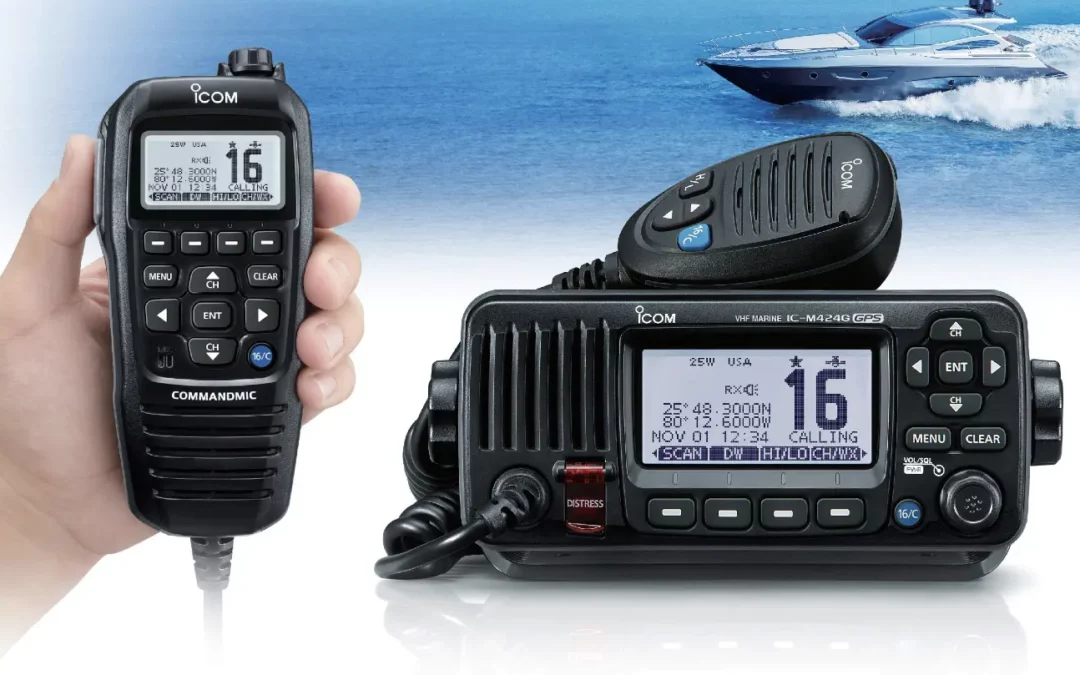

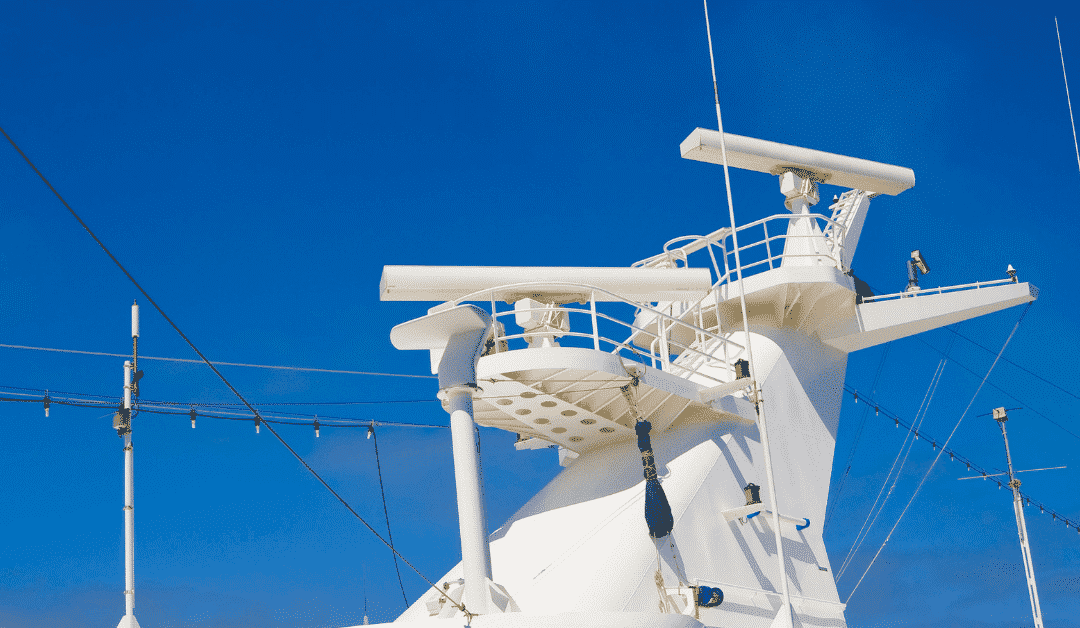
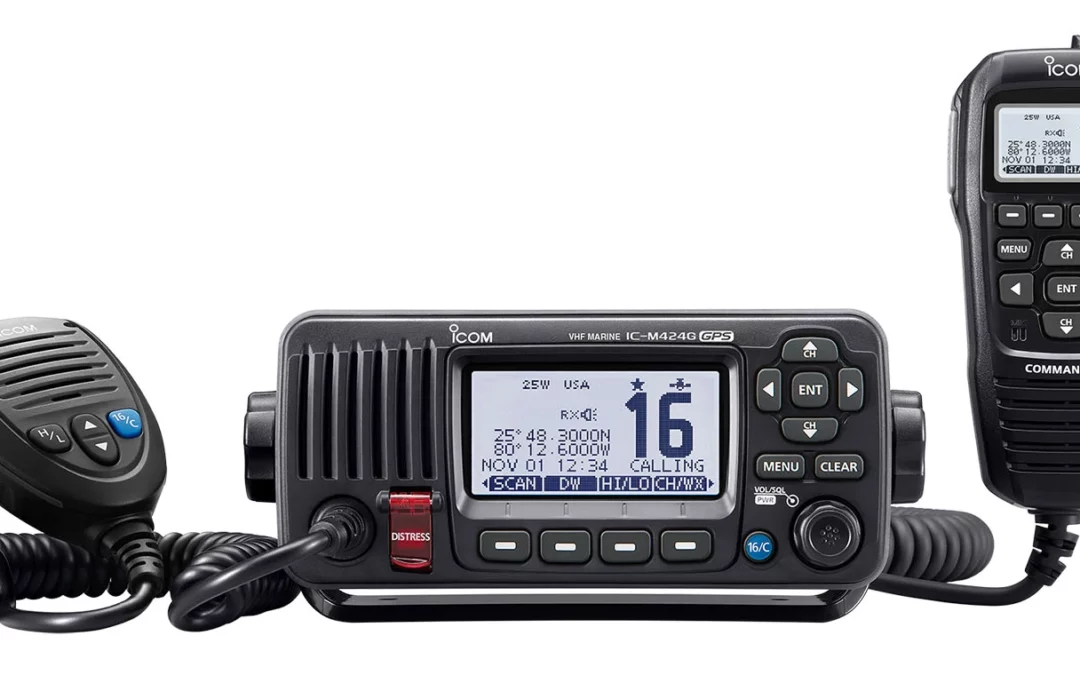
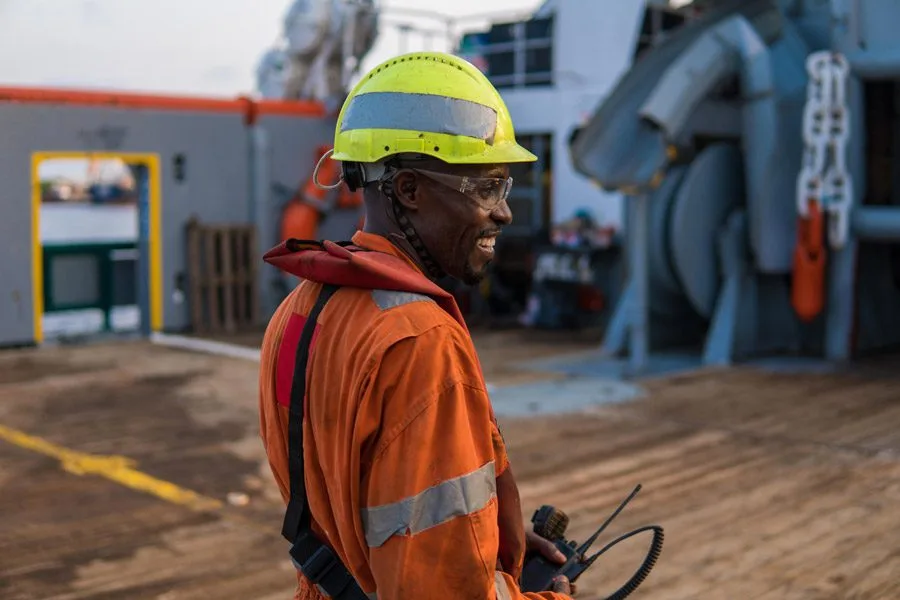
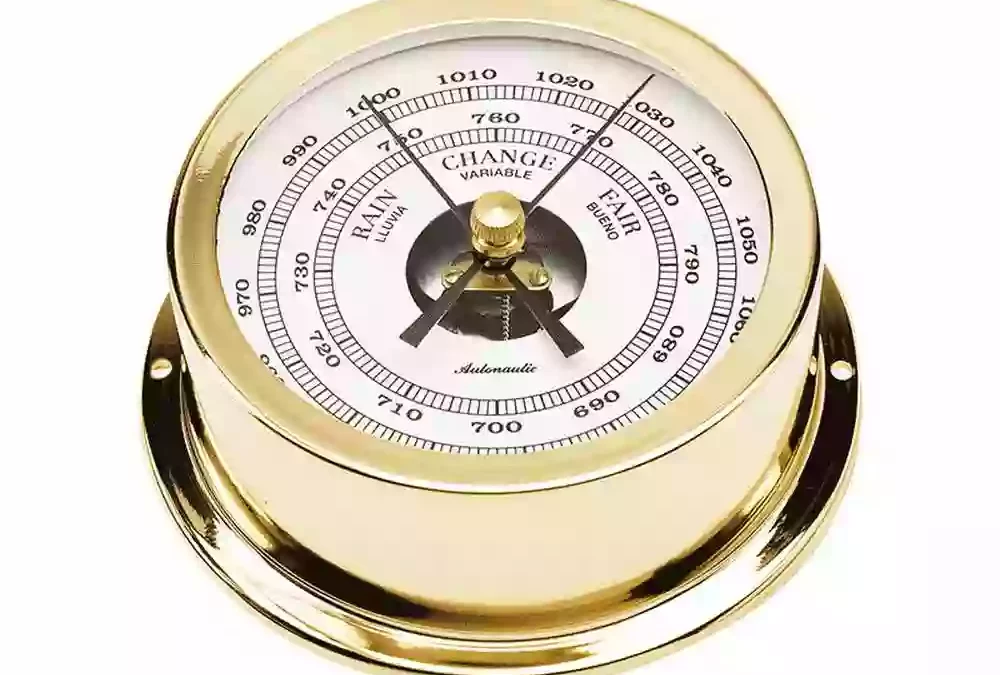
0 Comments